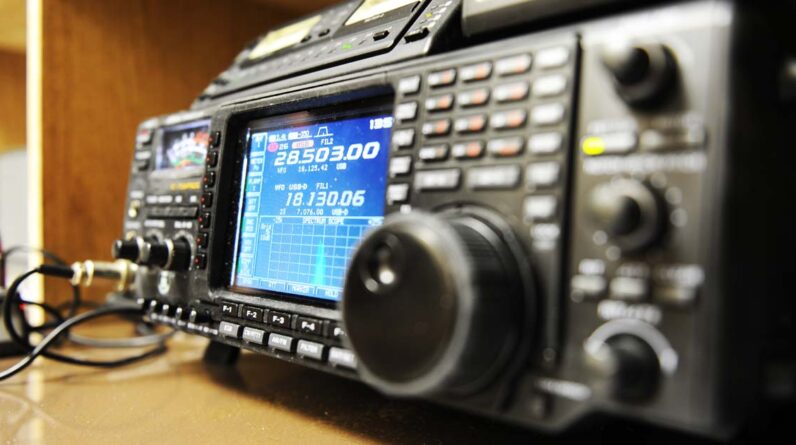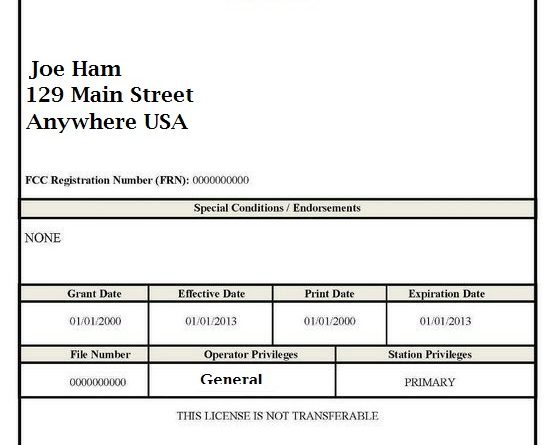
About
The amateur and amateur-satellite services are for qualified persons of any age who are interested in radio technique solely with a personal aim and without pecuniary interest. These services present an opportunity for self-training, intercommunication, and technical investigations. Twenty-nine small frequency bands throughout the spectrum are allocated to this service internationally. Some 1,300 digital, analog, pulse, and spread-spectrum emission types may be transmitted.
Millions of amateur operators in all areas of the world communicate with each other directly or through ad hoc relay systems and amateur-satellites. They exchange messages by voice, teleprinting, telegraphy, facsimile, and television. In areas where the FCC regulates the services, an amateur operator must have an FCC or Canadian license. FCC-issued Reciprocal Permit for Alien Amateur Licensee are no longer needed. Reciprocal operation in the U.S. is now authorized by Section 47 C.F.R. § 97.107.
All frequencies are shared. No frequency is assigned for the exclusive use of any amateur station. Station control operators cooperate in selecting transmitting channels to make the most effective use of the frequencies. They design, construct, modify, and repair their stations. The FCC equipment authorization program does not generally apply to amateur station transmitters.
Operator Class & Examinations
The FCC has issued six types of license operator class, each authorizing varying levels of privileges. The class for which each licensee is qualified is determined by the degree of skill and knowledge in operating a station that the licensee demonstrates during an examination to volunteer examiners (VEs) in his or her community.
Most new amateur operators start at the Technician Class and then may advance to the General Class or Amateur Extra Class operator license. The VEs give examination credit for the license class currently held so that examinations required for that license need not be repeated. The VEs construct the written examinations from question pools that have been made public. Helpful study guides and training courses are widely available.


